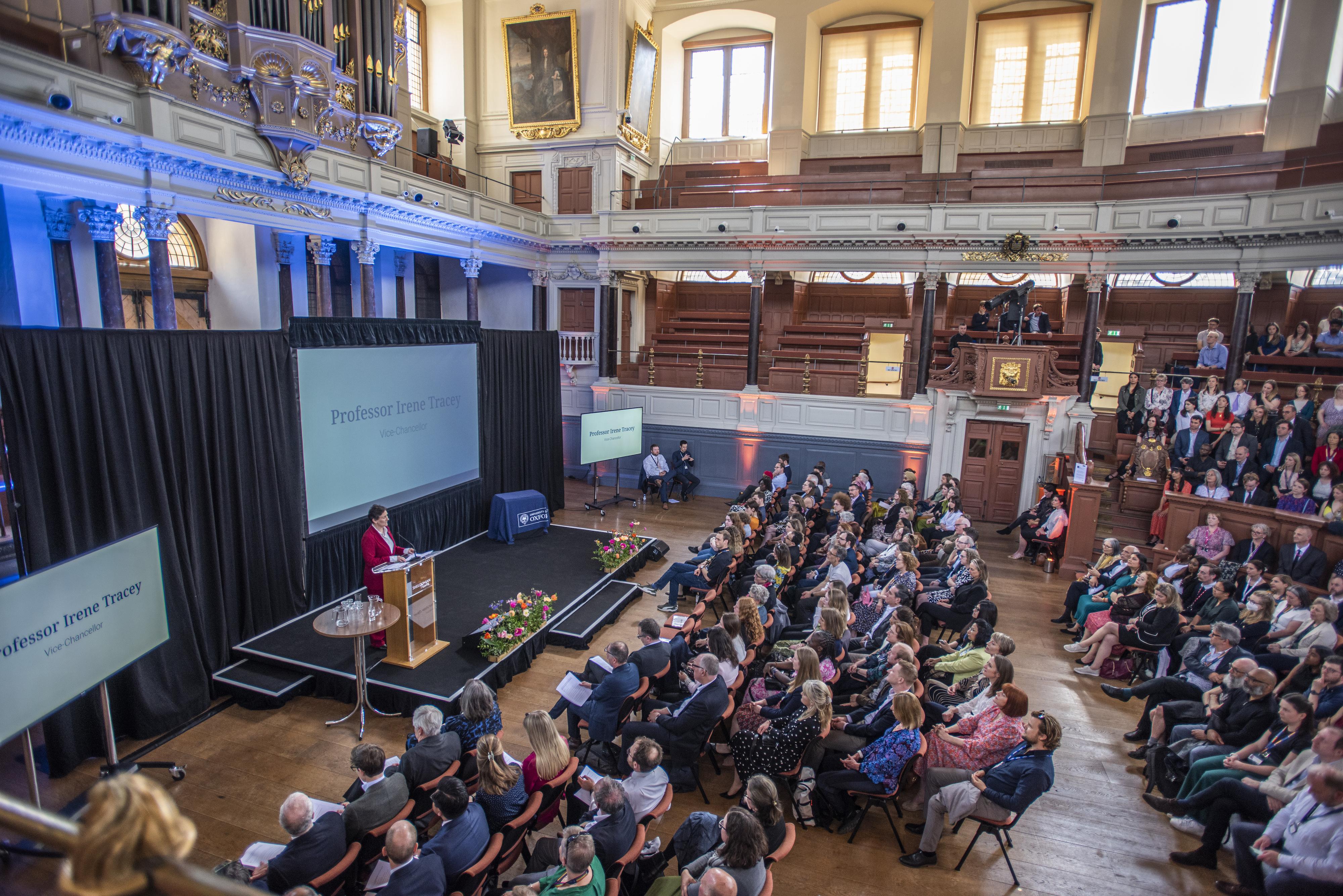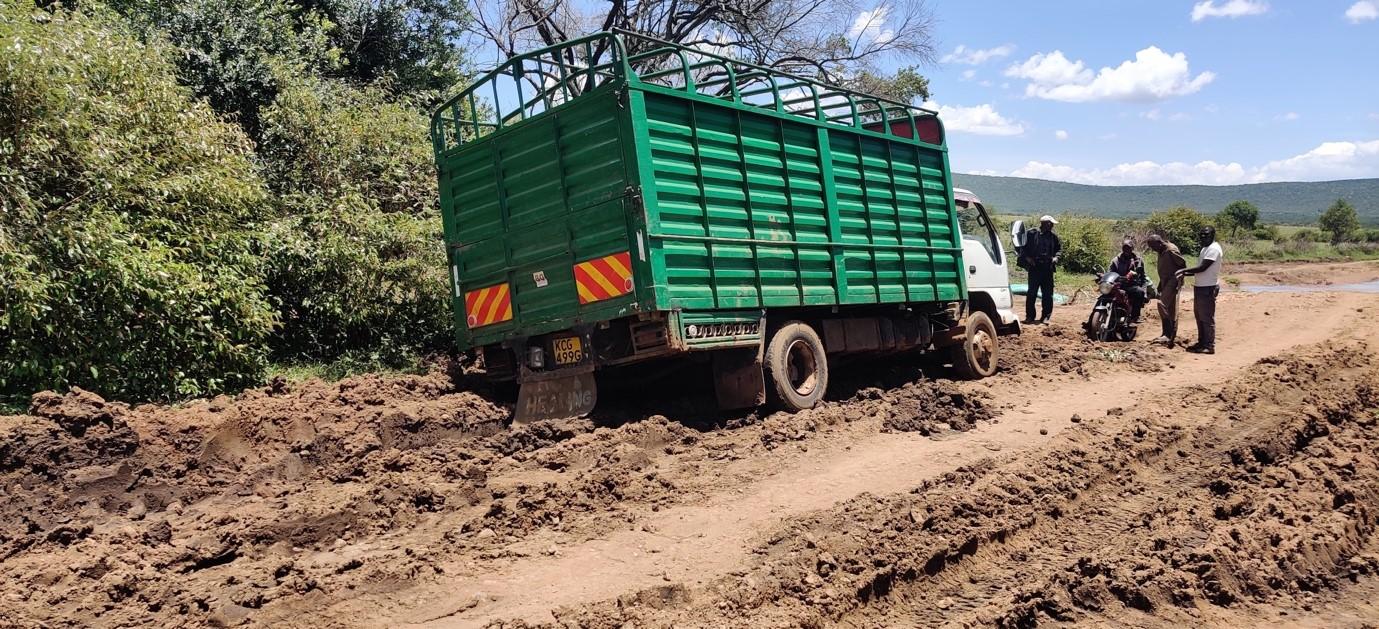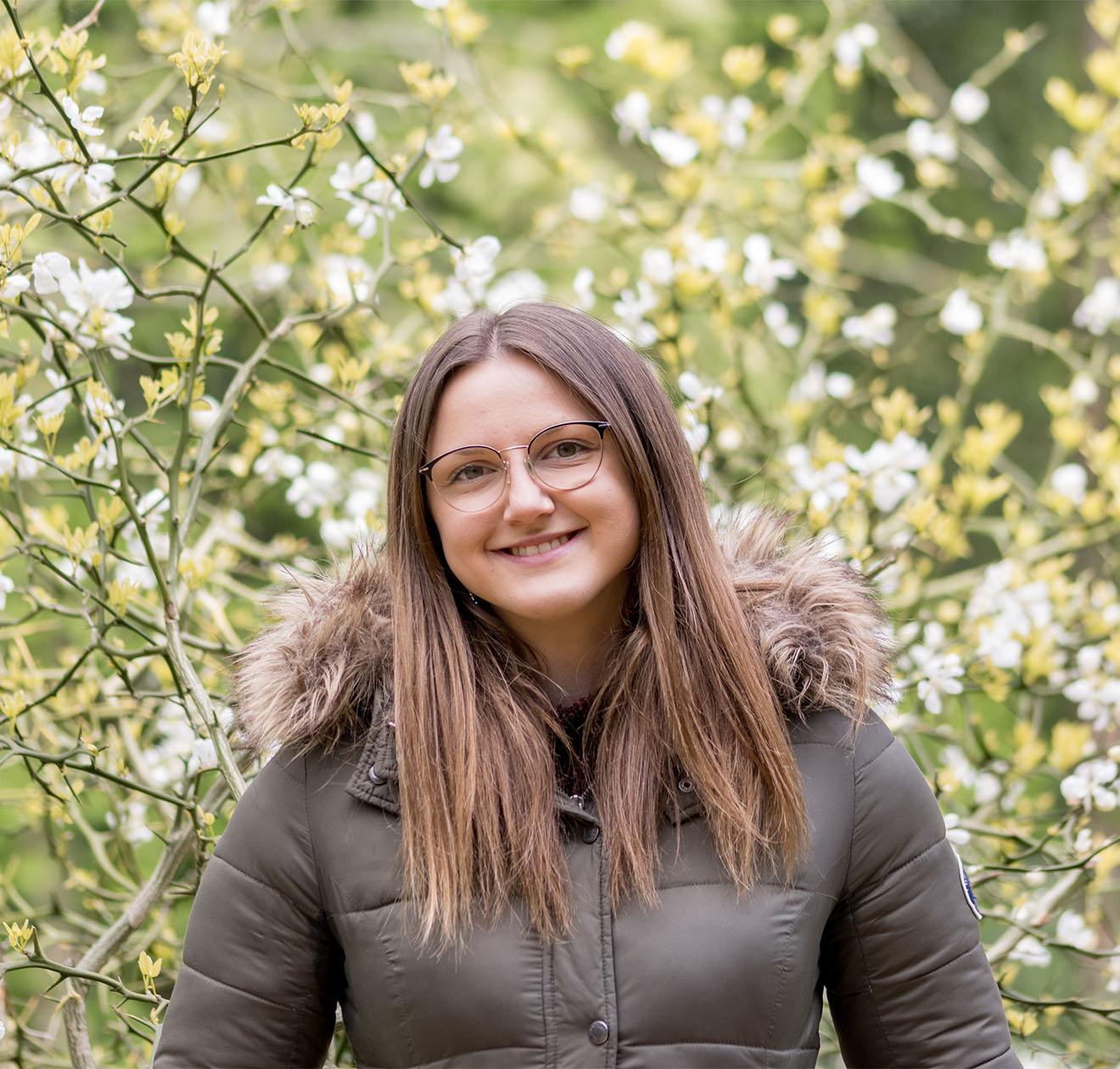The Vice-Chancellor’s Awards are a testament to excellence and innovation, and are a University-wide celebration of outstanding people. They recognise the achievements and celebrate success across the collegiate University, from academics and researchers to professional, technical and support staff.
News
Those seeds clinging to your hiking socks may be from invasive plants - here's how to avoid spreading them to new locations
Megan Dolman, recent graduate of the MSc in Biodiversity, Conservation and Management, explores the simple things that everyone can do before, during and after going outdoors to avoid picking up and inadvertently spreading invasive plants in an article for The Conversation.

UK life expectancy growing at slower rate than rest of G7, research shows
Life expectancy in the UK has grown at a slower rate than comparable countries over the past seven decades, according to researchers from Oxford's School of Geography and the Environment, who say this is the result of widening inequality. [The Guardian and coverage elsewhere]

SoGE to present new research at the 2023 AAG Annual Meeting
Researchers and students from across the University of Oxford's School of Geography and the Environment (SoGE) will present their research as part of the Association of American Geographers (AAG) Annual Meeting 2023. The international conference which will be held between 23 - 27 March, attracts geographers, GIS specialists, environmental scientists, and other disciplinary experts who share and discuss the latest in research and applications in geography, sustainability, and GIScience.

University of Oxford makes joint appointment of Professor of Sustainable Energy Engineering and ZERO Institute Director
Professor Paul Shearing will lead the new Zero-carbon Energy Research Oxford (ZERO) Institute and bring extensive experience in electrochemical engineering to the University's response to the urgent need for system level change in the energy sector. The ZERO Institute was launched by the Departments of Engineering Science, Materials, and Geography and the Environment in 2022.
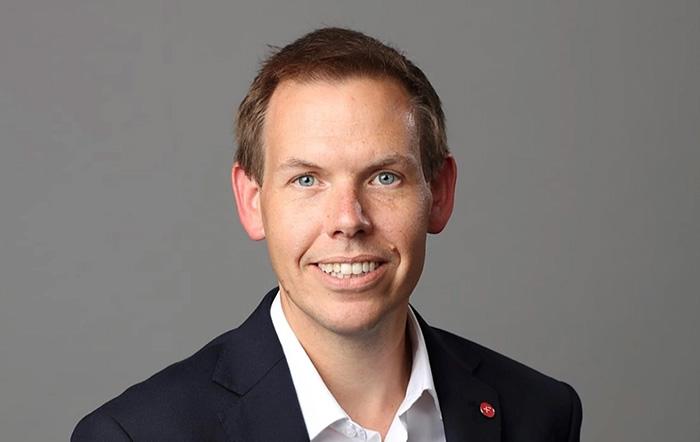
'It's not a glass ceiling - it's concrete. If it was a glass ceiling, I'd be happy with it.' - International Women's Day with Dr Suriyah Bi
For International Women's Day 2023, Undergraduate student, Eleanor Luxton, speaks to Dr Suriyah Bi, founder of the Equality Act Review and lecturer in Cultural Geography.

'Rivers in the sky' shape African climate - research
Deep valleys contain airborne 'rivers in the sky' and help to create arid conditions in East Africa, according to new research from the University of Oxford and the UK's Met Office. Published in Nature, the study uncovers how east-west river valleys direct millions of tonnes of water vapour from the Indian Ocean away from East Africa and towards the Congo rainforest, and, in doing so, limit East African rainfall.
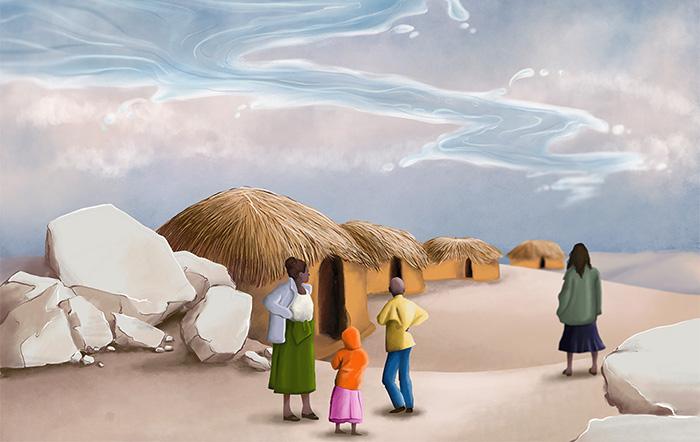
Scientists solve mystery of salt deserts' honeycomb patterns
Salt deserts are among the most extreme and inhospitable places on the planet and their bizarre and other-worldly polygon-shaped structures attract hundreds of thousands of tourists every year. Now a team involving researchers at Nottingham Trent University, TU Graz in Austria and Professor Giles Wiggs, Professor of Aeolian Geomorphology at SoGE, has been able to explain the origin of these patterns and their iconic shape and size.
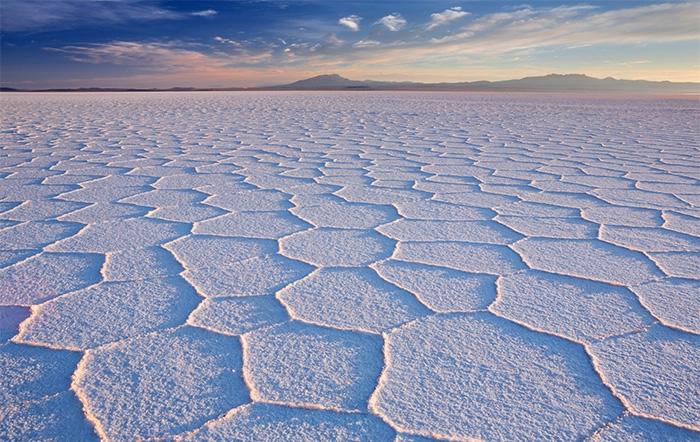
New study identifies key success factors for large carnivore rewilding efforts
Research led by SoGE alumnus Seth Thomas and embarked on whilst studying on the School's MSc in Biodiversity, Conservation and Management programme, has identified the top factors that determine whether efforts to relocate large carnivores to different areas are successful or not. The findings could support global rewilding efforts, from lynx reintroductions in the UK to efforts to restore logged tropical forests.
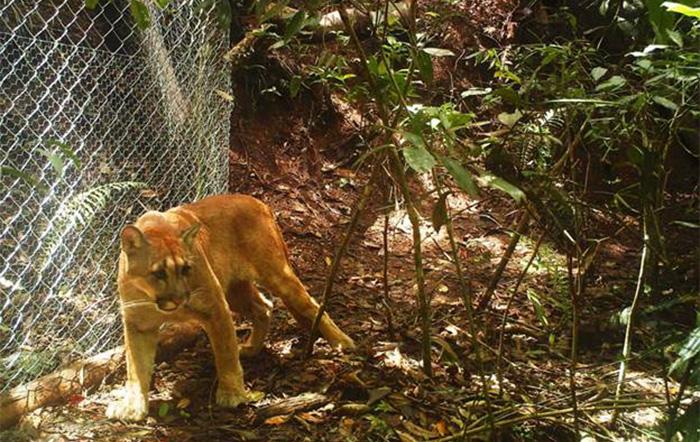
New report outlines geographers' legal impact
A new report involving SoGE's Fiona McConnell (Professor of Political Geography) on geographers' legal impact has been published by the Royal Geographical Society with IBG. The report unearths the often-hidden legal workings undertaken by geographers, makes visible the real-life applications the discipline plays in shaping law and legal proceedings, and calls for new mechanisms to help attribute the appropriate level of recognition, which is so often overlooked. Find out more on the RGS-IBG website.

Expert Comment: Let's bring the city centres back to the people
Public authorities must experiment as they establish clean air/low emissions zones in city centres - along with studying the data. Evidence should be at the heart of climate-friendly policies, but there is real risk that political demands for 'perfect evidence' could actually undermine both attempts to improve air quality and the potential for transformative change.



